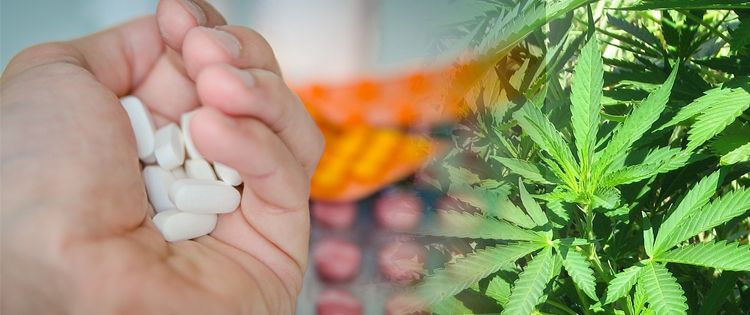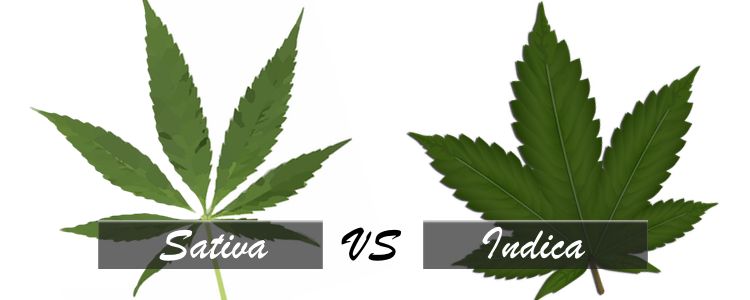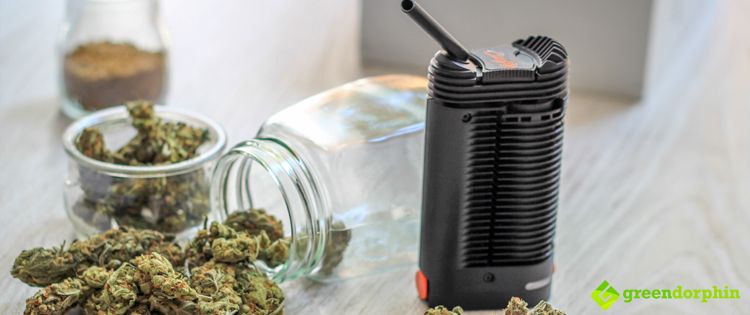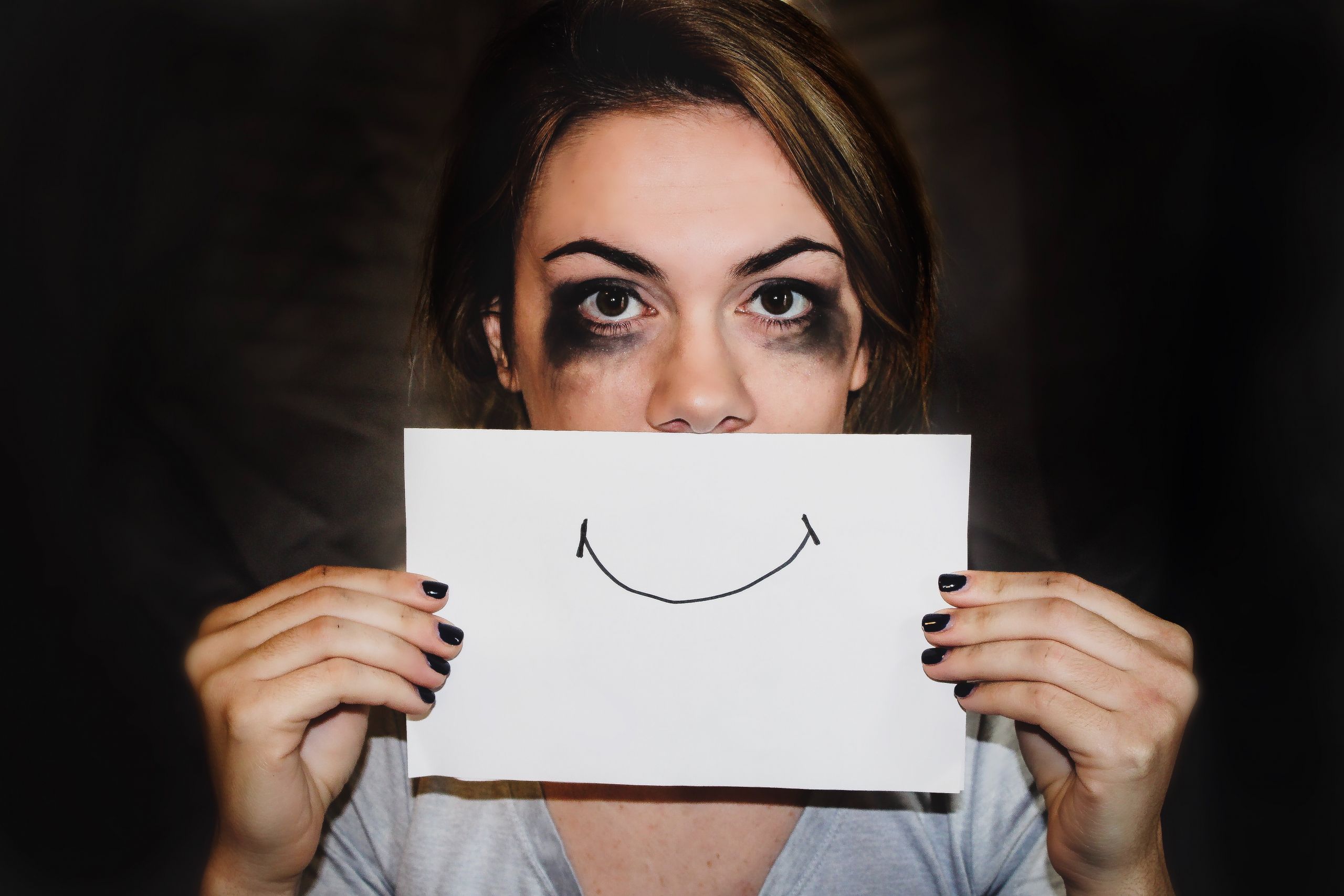Atticus, the Canadian poet, with multiple New York Times bestsellers, said it right.
“Depression is colorblind and constantly told how colorful the world is”
Depression is a very misunderstood disorder. Contrary to what some people might think, it is not just a phase of intense sadness. There is a severe lack of awareness about depression, and unfortunately, the number of people affected is increasing.
In fact, according to a report from the WHO, depression affects more than 300 million people worldwide.
Gloominess and hopelessness might be the constant companions of a depressed person. But believe me, there is a light at the end of the tunnel.
Depression is 100% curable. Though there are some misconceptions about its treatment, it is still a treatable psychological disorder.
Depression, Antidepressants and Conversational Therapy
I’m sure that most of our readers think about pharmaceutical antidepressants when we talk about treating depression. Well, it is essential to understand that these pills aren’t a cure for depression.
Depression is a psychological condition, and the only way to treat it permanently and effectively is to get psychotherapy. Conversational therapy methods like CBT, are quite useful. However, it can be challenging for a depressed person to attend therapy sessions with an open mindset.
A sense of self-loathing usually accompanies depression, and some patients feel that they don’t deserve to be happy and don’t deserve to get better. These negative thought patterns can get in the way of psychological treatment.
So, that’s where antidepressants come in. They help regulate the hormones in the body and make the patient feel better temporarily, allowing them to attend their therapy sessions and progress towards getting better.

Drawbacks of Antidepressants
Like any other pharmaceutical drugs, antidepressants can also have many side-effects. Furthermore, patients can develop a dependency on these drugs, which can hinder their treatment.
Therefore, many people want natural alternatives to antidepressants that have lesser side effects and dependency issues.
An option that has been gaining quite a bit of traction over the recent years is cannabis. Weed, though popularly known as a recreational drug, has many scientifically proven medical applications, one of which is countering the symptoms of depression.
Kratom is another natural plant native to Southeast Asia that has opioid-like effects, without the severe dependency issues, and hence it can be used to counter depression.
How Does Cannabis Work Against Depression?
Cannabis has certain chemical compounds, the most prominent of which are THC and CBD. These compounds are called cannabinoids, which can bind with the natural endocannabinoid receptors in our body to stimulate our chemical nervous system.
I know that it is an excessive generalization, but at the core, depression can be reduced to a deficiency of dopamine and other pleasure hormones in the body. Of course, a complex set of emotional, environmental, and sometimes genetic factors contribute to this deficiency; nonetheless, the final effect is related to hormones.
By interacting with our endocannabinoid system, cannabis can trigger the release of dopamine in our bodies, making a depressed person feel better temporarily.
Cannabis also decreases the levels of cortisol and other stress-related hormones.
Cannabis is Not A Permanent Treatment for Depression
Though cannabis does provide relief from the symptoms of depression, it isn’t a permanent solution. Like antidepressants, it only helps you feel better until the effect wears off; however, the side-effects are way less.
Therefore, cannabis can be quite helpful with regular therapy sessions; however, on its own, it is not a viable long-term solution.
Choosing the Right Strain of Cannabis
You might be wondering what exactly is complex about the marijuana and depression relationship from the information you have gotten till now. The effects and the drawbacks seem quite straightforward; however, there is a lot more to it.

Cannabis can have different effects depending on the strain you choose to smoke. There are two kinds of cannabis strains, Indicia and Sativa. Furthermore, the THC to CBD ratio in a strain also plays a vital role in determining its effects.
For recreational purposes, high THC strains are preferred; however, these strains aren’t ideal for treating depression. These strains will counter stress, but they also tend to make you sluggish and lazy, which will make you feel worse when the effects wear off.
Moreover, a lousy THC trip can cause paranoia and psychosis, which is very bad for a person who is already dealing with depression.
Sativa strains are more commonly used for medicinal purposes, they are high in CBD, and they can energize the user and make them creative.
Therefore, if you are using cannabis to treat the symptoms of depression, opt for a sativa strain.
Smoking Cannabis and Its Drawbacks
The most popular consumption method for weed is smoking, and most people don’t know that even cannabis smoke can have some carcinogens that are harmful to your lungs. In general, smoke can cause coughing, shortness of breath, and many other breathing problems.
Though smoking cannabis is not as dangerous as smoking tobacco, it should still be avoided, and you should opt for other ways like vaping or using edibles, for cannabis consumption.

It is best to stick with CBD edibles, which can help counter the symptoms of depression, with minimal or non-existent euphoric effects.
The Biphasic Effect of Cannabis
The term biphasic implies that marijuana can have different effects on depression patients, depending on the amount used. According to studies, where small doses can help fight depression, higher doses can make matters worse.
Moreover, the problem is that the intensity of cannabis varies from strain to strain, and the user’s tolerance also makes a difference.
Therefore, it isn’t very easy to determine the proper dose. However, if you want to fight depression, stick to micro-dosing from the beginning so that your tolerance does not build up.
Final Thoughts
Marijuana has helped many people fight through depression; however, the relation between depression and cannabis is complex. You need to choose the right strains and take the proper doses; otherwise, cannabis can have negative impacts.
I hope that this post can answer your questions regarding depression and marijuana.
- Depression and Marijuana: How is it a Complex Relationship - June 9, 2020


